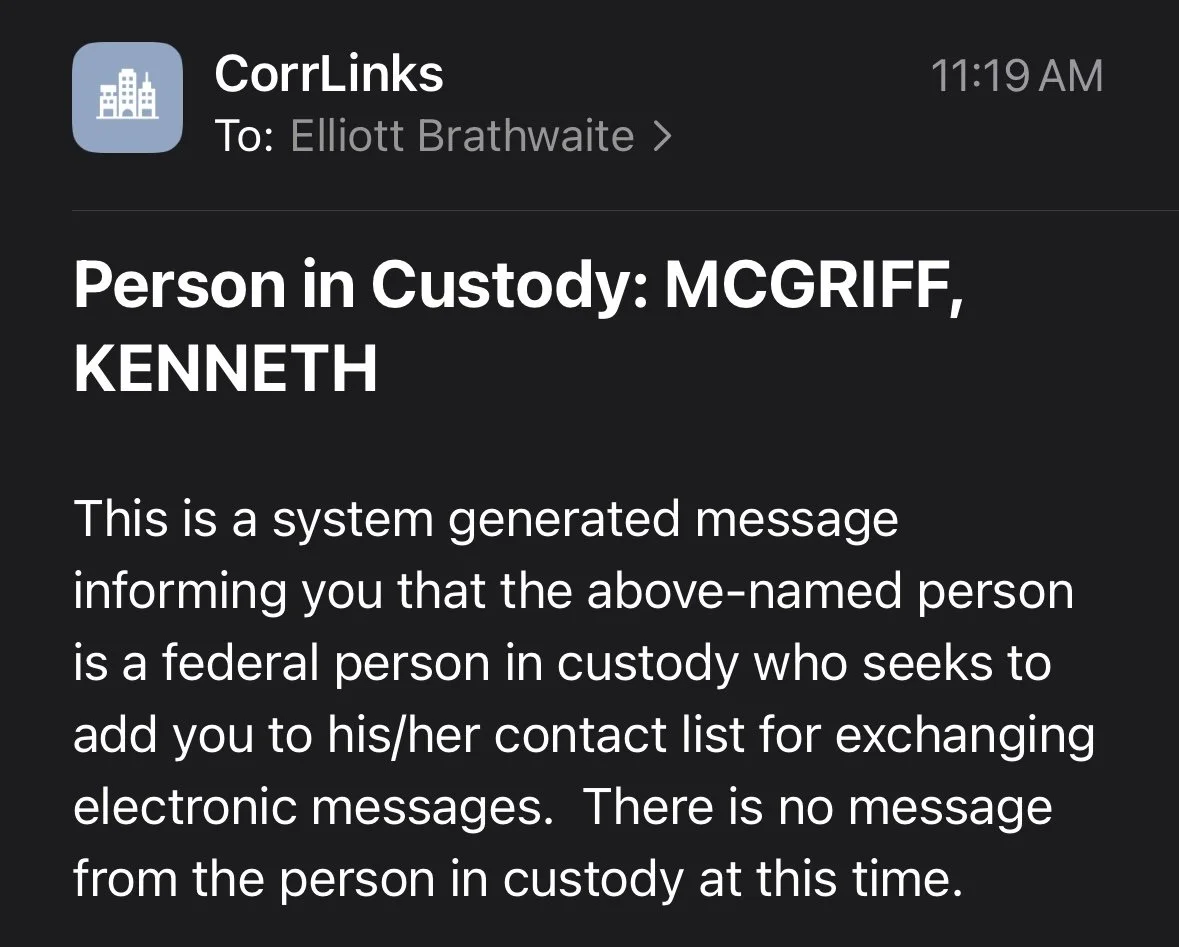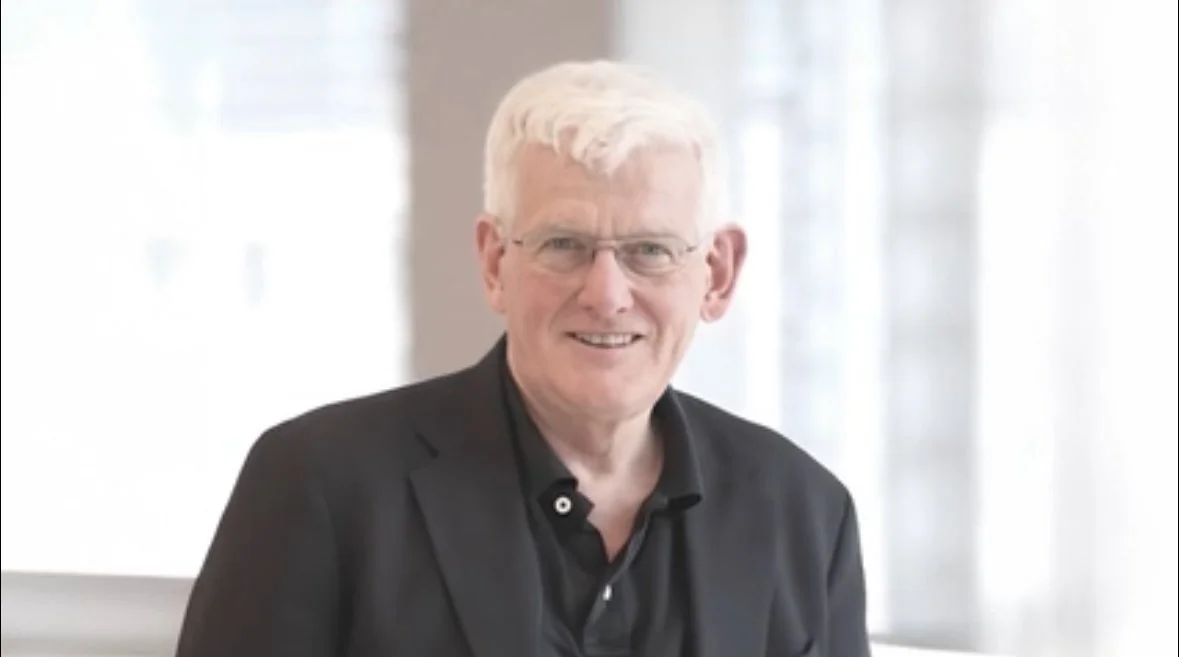💥 The Gutter Report: Supreme — The Truth They Buried
Inside the mind, the myth, and the man the system refused to hear.
“People always try to act like this country is so f***in’ great… America has great potential, but this country could never be great until everybody has a fair shot.”
— Kenneth “Supreme” McGriff, opening of The Supreme Truth
🩸 The Father, the Fence, and the First Lesson in Injustice
Before the streets, before the name Supreme ever meant power — Kenneth McGriff was just a kid raised by a hardworking father who played life fair and square.
His pops never even caught a parking ticket. He worked paycheck to paycheck, bought his family a house with a white picket fence, and believed in America’s promise.
But that promise broke early.
At just 17, Supreme’s 13-year-old brother got into a fight with another kid — the kind of fight boys have every day. What made it different was that the other kid’s father was a cop. When that officer showed up, instead of breaking up the fight, he pistol-whipped Supreme’s little brother.
Later that day, Supreme saw his brother with a black eye and brought him home. They thought it was over.
The next morning, police were at the door.
They told his father to turn Kenneth in, even though he hadn’t even been there. The younger brother was too young to charge — so they blamed the older one. His father, a man who’d spent his life doing everything right, had to pay $2,500 of his hard-earned money just to stop his son from being railroaded by dirty cops.
That moment shaped him.
It was the day Kenneth McGriff stopped believing that fairness had a place in America’s system.
“From that day on,” he says in The Supreme Truth, “I’ma get mine anyway I can.”
🗞️ | Headlines Before the Truth — Mainstream papers painted McGriff guilty before the jury even heard him.
💼 From White Picket Fence to Federal Time
The man who once symbolized street enterprise would later become one of America’s most targeted defendants.
Kenneth McGriff — founder of The Supreme Team — was accused of everything from drug trafficking and racketeering to murder-for-hire and money laundering.
Prosecutors claimed he paid $50,000 to have rivals Eric “E-Moneybags” Smith and Troy “Big Nose” Singleton murdered.
They also tied his name to the killing of Jam Master Jay — a connection that has never been proven in court but still follows him decades later.
In 2007, McGriff was convicted in federal court of murder conspiracy, drug trafficking, and racketeering, and sentenced to life without parole.
He is currently housed at USP Beaumont — a high-security federal penitentiary in Texas that, as of this writing, remains on lockdown, delaying all inmate communication.
⚖️ | Public Profile vs. Private Reality — The media made him a caricature; The Supreme Truth reveals the man.
📡 The Connection: From the Gutter to the Feds
Through mutual associate Larry Love, Supreme recently reached out and added me on CORRLINKS — the federal email system used by inmates.
Because the facility is under lockdown, our recorded phone conversation will take place once communications reopen.
When it does, it’ll be aired exclusively on LFTG Radio and YouTube — direct from the man himself.
📨 | Federal Contact Confirmed — The CORRLINKS message that verified McGriff’s reach from behind bars.
⚖️ The Case, the Claims, and the “Bad Guy Rule”
In The Supreme Truth, McGriff calls his conviction a complete fabrication, built on corruption, pressure, and the need for a fall guy the feds could finally cage.
He points directly at Detective William Courtney of the NYPD, accusing him of fabricating the entire case — manipulating witnesses, lying under oath, and using his badge to manufacture a story that fit the government’s narrative.
McGriff says Courtney didn’t just influence testimony — he engineered it, even planting the name “Haitian Jack” into the mind of state informant Terence Terrell to add celebrity weight to the lie.
🚨 | Detective William Courtney — The NYPD officer McGriff accuses of fabricating his entire case and manipulating witnesses.
Terrell — the state’s star witness — then testified that Supreme and Haitian Jack took a trip together, a claim McGriff calls “pure fiction.” He admits he knows Haitian Jack but says they never once took a trip together.
Terrell also claimed he was introduced to Supreme by a mutual acquaintance named Billy Guy. But Billy Guy later filed a sworn affidavit flatly contradicting him:
“I never introduced Terence Terrell to Kenneth McGriff at any time.
Terence Terrell has never attended a meeting with me and Kenneth McGriff.
I was never questioned by the police concerning this matter, nor was I ever subpoenaed to appear as a witness for the defense or the prosecution.”
🧾 | Billy Guy’s Sworn Affidavit — “I never introduced Terence Terrell to Kenneth McGriff.”
That affidavit — now surfacing in the documentary — undercuts the state’s entire storyline. To McGriff, it’s proof that the case was built on fabrication, fear, and favors — a script written by Detective Courtney and performed by men trying to save themselves.
“They made me the monster because it fit the story they wanted to tell,” Supreme says. “They didn’t need truth — they needed closure.”
⚖️ The “Bad Guy Rule”
Beyond the false testimony, McGriff believes his reputation sealed his fate.
He calls it “The Bad Guy Rule.”
He explains that when a man like him, with his name and history, walks into court — the government doesn’t need evidence.
They just need a villain.
📚 | Attorney David Ruhnke — The lawyer accused of waiving McGriff’s right to testify against his will.
“They felt I should’ve gotten life in the 80s when everybody else did,” he says. “So this time, they made sure I stayed gone — even if they had to do it illegally.”
In his appeal filings, Supreme argued that the court ignored procedural errors, mishandled evidence, and allowed bias to taint the process. He says the appellate decision included no rebuttal, no notes — just one word: affirmed.
To him, that silence was the verdict itself.
🎤 The Murder Inc. Chapter
Before prison, Supreme’s name echoed across both the streets and the industry — his connections with Murder Inc. Records, founded by Irv Gotti, blurred the line between hip-hop and the hustle. Federal prosecutors later weaponized those ties, using rap imagery to color him as a criminal mastermind.
🎶 | Murder Inc. Legacy — The hip-hop empire prosecutors used to blur art, image, and indictment.
🔒 The Locked-Down Legend
Now sitting in USP Beaumont, McGriff is cut off from the world again — but not forgotten.
Even from inside a federal lockdown, he’s still finding ways to speak, reaching out through CORRLINKS, and working to get his message beyond the bars.
His documentary, The Supreme Truth, isn’t just a film — it’s an act of rebellion.
It’s a man saying, “You took my freedom, but not my voice.”
🗞️ The Next Chapter
Once the lockdown lifts, I’ll be connecting with Kenneth “Supreme” McGriff for an exclusive recorded phone conversation — straight from USP Beaumont to LFTG Radio.
We’ll unpack his story, the evidence, the contradictions, and the system that made him both a legend and a lesson.
🎥 The Supreme Truth is available now on Vimeo On Demand for $9.99.
Watch it for yourself and decide:
Is Kenneth McGriff the monster the feds painted — or the man America refused to understand?
Not for clicks — for clarity.
📲 TikTok: @elliott_carterr
Good morning and Godspeed.
— Elliott Carterr







